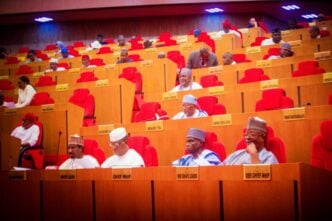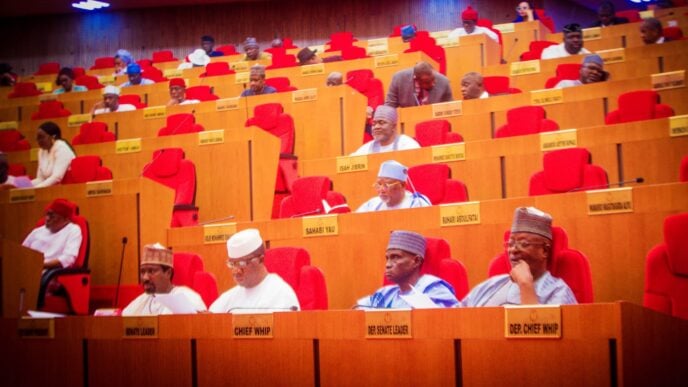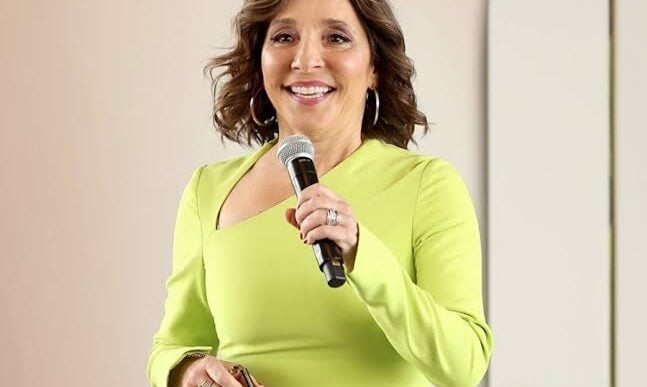The Corporate Accountability and Public Participation Africa (CAPPA) has called on the federal government to increase Nigeria’s current sugar-sweetened beverage (SSB) tax.
Akinbode Oluwafemi, executive director of CAPPA, spoke on Tuesday at a media roundtable themed, “Time To Increase Sugary Drinks Tax Is Now”.
Oluwafemi said the current N10 per litre tax introduced in 2021 amounts to less than one percent of the retail price of sugary drinks today and “fails to shift market behaviour or improve public health outcomes”.
“Sadly, the N10/litre tax is and has always been inadequate. At the time, a 33cl bottle of SSB cost about N150. Since three bottles make up one litre, the tax per bottle was about N3.33 — a negligible two per cent price bump, far too weak to deter consumption,” he said.
Advertisement
“Today, with bottles priced above N300, this tax now amounts to barely one per cent of the price, failing to shift market behaviour or improve public health outcomes.
“Evidence from global health research is unequivocal: to achieve public health objectives, health taxes must raise retail prices by at least 20 to 50 percent.
“Nigeria’s N10/litre levy is insufficient to influence consumer behaviour meaningfully; it does not even graze the surface of the problem. It cannot work effectively unless it is revised upward.”
Advertisement
The organisation urged the federal government to “Increase the SSB tax so that it raises the final retail price of sugary drinks by 20 or 30 per cent — or ideally 50 per cent, in line with WHO recommendations”.
“Specifically, we are calling on the Nigerian government to increase the SSB tax from N10 per litre to at least N130 per litre,” Oluwafemi said.
“This will reduce consumption and push manufacturers to reformulate their products; earmark revenue for healthcare, NCD prevention, nutrition education, basic health services in underserved communities, and school feeding programmes.
“Mandate transparent front-of-pack labelling on all food and beverage products so Nigerians know what they consume; require annual public reporting by the Federal Inland Revenue Service, Nigeria Customs Service, and the Ministries of Finance and Health to ensure accountability.
Advertisement
“Establish a strong firewall against industry interference. Policies must serve the people, not corporate profits and invest resources in food security and agroecology. By supporting the cultivation of real and nutritious food, we can strengthen local food systems, improve public health, and reduce the dangerous dependence of Nigerians on ultra-processed products.”
He said a more robust SSB tax will reduce the consumption of sugar-laden drinks, lower the incidence of preventable illnesses, and “improve national health outcomes”.
Also speaking at the event, Austin Iraoya, economist and public health advocate, said that while SSBs are cheap and widely accessible, their true cost is hidden in the heavy toll they take on public health and family incomes.
“This tax is neither discouraging consumption nor generating enough revenue to fund preventive health programmes,” Iraoya said.
Advertisement
The economist added that countries like “South Africa, Mexico, and the UK have adopted stronger SSB tax policies and are already recording significant health and economic benefits. Nigeria must follow suit”.
Advertisement











